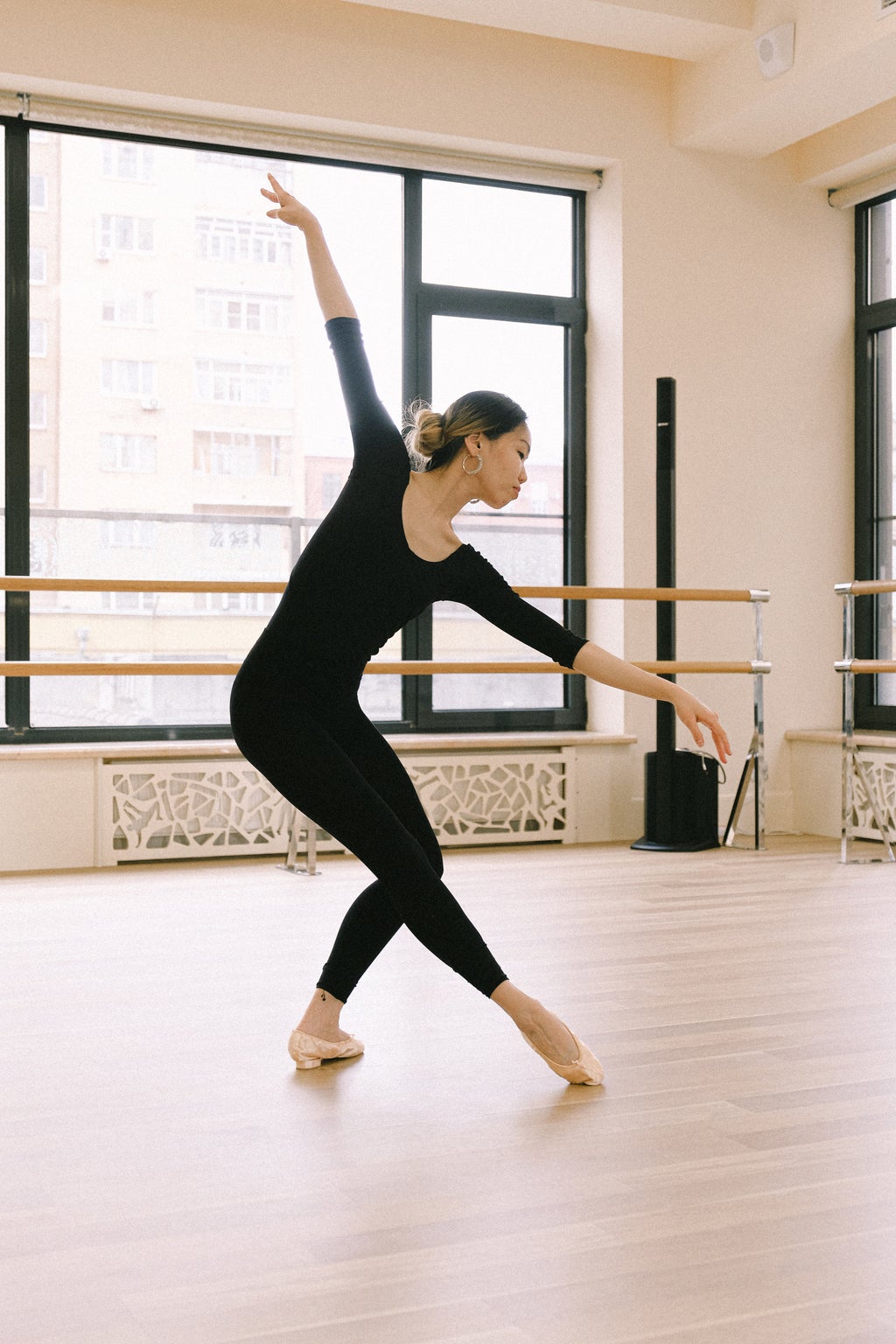TW: Discussions of depression
When I was eight years old, I won the “Little Miss Sunshine Helper” award on my swim team, making the beginning of my journey as a lifelong people-pleaser. External validation and recognition were my driving forces, rooted in the belief that approval equated to love. Despite having a wonderful family, I was unknowingly struggling with obsessive-compulsive disorder, which was causing emotional turmoil at home.
This need for affirmation fuelled my overachieving tendencies, both academically and otherwise, with the pursuit of praise becoming my sole motivator. I lived for those pats on the head, yearning for confirmation that I was doing a “good enough” job or that I was a “good enough” person. Subconsciously, I had constructed a belief system that measured my worth based on others’ perceptions of me as a “good girl.”
For a while, this mindset led to success, I consistently reached my goals and attained new levels of personal success. I felt as though the only person I needed to compete with was myself. I firmly believed that my success or failure was directly proportionate to the effort I put in. This mindset translated into my approach to ballet. I believed that by working harder, training longer, and maintaining greater discipline, I could achieve levels seemingly impossible, considering the limited opportunities for professional dance training in my hometown.
Initially, this approach proved effective. My years of dedication and discipline paid off when I was accepted into a prestigious dance program across the country. However, a year later, when I suffered an injury that forced me to stop dancing, things took a turn for the worse. My mental health rapidly declined, and I developed some harmful coping mechanisms.
I was 14, and everything I loved was falling apart. Instability plagued my family, and my relationship with my parents was debilitating. Depression stole my drive, self-confidence, and interest in life. I stopped going to school, seeing my friends, or participating in extracurricular activities. Suddenly, I wasn’t just not receiving the validation I once depended on; I was actively receiving the very opposite—criticism. This came from my parents, teachers, doctors, and friends. This was surely stemming from concern, but when your entire internal belief system is built on receiving approval from others, critical disapproval felt like the end of the world.
It quickly felt like it was me against everyone. I was fighting tirelessly, advocating for my sanity, and searching for control. Everywhere I turned, people demanded things I couldn’t fulfill, pushing me to a breaking point. I felt rejected by the very people and institutions that had previously built me up. So I, in turn, rejected them.
Truthfully, I think I had to break; otherwise, I couldn’t rebuild. Rejecting a belief system I’d relied on for so long felt like throwing out everything I’d ever known to be true. I had to redefine my place in school, my family, and socially. Except this time, I had blind faith that my choices would lead me down a better path. Blind faith in my own ability to feel successful in my own merit, regardless of external perception or opinion. For a while, it felt like I was just wandering, making up the rules as I went.
Nevertheless, over time, I regained autonomy over my mind, which translated into autonomy in my life. I learned how to stand up for myself and for what I believed in, even if it wasn’t the popular choice. Eventually, I became more confident in my choices and learned to trust my instincts, even when they weren’t always right. Most importantly, I began advocating for myself. I was no longer acting in fear of others’ disapproval or being perceived as “bad.” Another crucial realization was that there is no such thing as a “good” girl or a “bad” girl. These labels are harmful societal constructs imposed on women, forcing them into predefined roles. The truth is, we all exist in the in-between, and having the courage to express your opinion doesn’t make you difficult; it makes you a woman confident enough in herself to dare to be disagreed with.
I strongly believe all women reach the inevitable breaking point where they feel so suffocated by society and realize that no matter how hard they work or how nice and agreeable they are, someone will always find something to criticize, or a fault to point out. Especially during the transition from girlhood to adulthood, societal standards outlining acceptable ways for a woman to behave (which doesn’t include any acceptable reaction because we can only ever “overreact”) become impossibly restricting. Learning to reject these misconstrued ideals about what it means to be accepted as a woman in our society is liberation, and is instrumental in developing the confidence to advocate for our own wants and needs.
Changing your mindset is the first step towards a better life. By rejecting these instinctual people-pleasing tendencies, we find the approval we desire is within ourselves. Advocating for yourself, even when it’s uncomfortable, is the ultimate act of self-care—it’s having the courage to speak in times you weren’t spoken to but have something to say. After all, “well-behaved women seldom make history.”





